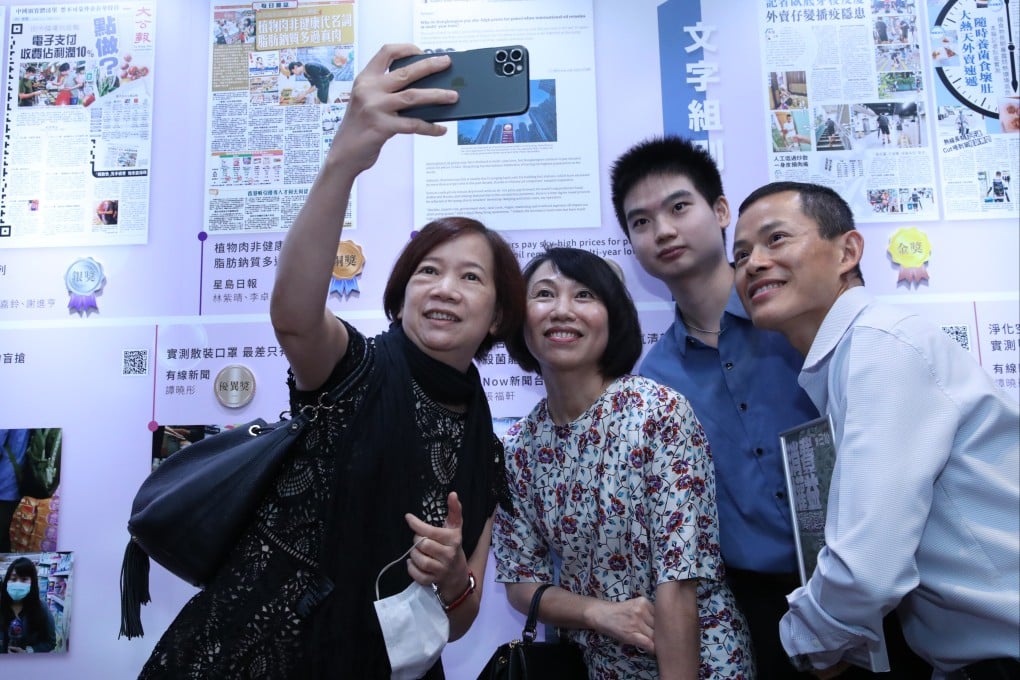120 years of SCMP: Hong Kong’s property, finance, ESG and technology through pens and strokes of our journalists
- Peggy Sito, Enoch Yiu, Eric Ng and Bien Perez are among the longest-serving veterans at the South China Morning Post
- With more than a century of experience between them, their stories recount Hong Kong’s transformation in real estate, finance, ESG and technology

It was an assignment that involved numerous searches of company registrations, corporate filings, dozens of interviews and phone calls, in addition to her duty as the Deputy Business Editor at the South China Morning Post.
It was a story that won Sito State Street’s “Journalist of the Year” award that year, one of many in her three-decade career at the Post. “This assignment was particularly interesting [because] the process of uncovering the details bit by bit was exciting,” she said. “The happiest moment came when the article received the [State Street] award.”
The unusual story was the capstone at the peak of a bull run in the world’s priciest property market, when cheap funds fuelled an insatiable hunger for deals. In the three decades since her maiden assignment in 1994 to cover price rigging in Hong Kong’s land sales, the Post’s Deputy Business Editor Peggy Sito witnessed major transformations in the city’s real estate industry.
